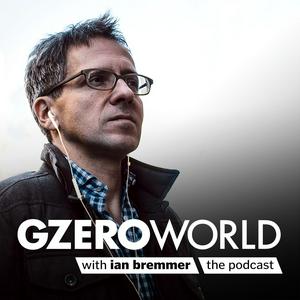As more small businesses move sales, payments, and customer relationships online, they unlock new opportunities, but they also become easier targets for cyber-criminals and other threat actors.
In this episode of Local to global: The power of small business, host JJ Ramberg sits down with Shamina Singh, Founder & President of the Mastercard Center for Inclusive Growth, and Brian Cute, Interim CEO and Director of Capacity & Resilience at the Global Cyber Alliance, to explore what Southeast Asia’s fast-growing digital economy reveals about the cybersecurity challenges facing micro, small and medium-sized businesses everywhere.
Together, they unpack what cyber-risk looks like on the ground, from phishing, ransomware, and malware to low-tech scams like QR-code sticker switching. They also examine why the damage rarely stays local; when a small supplier gets hit, disruptions can cascade through regional networks and even global supply chains.
The good news is that their collaboration in Southeast Asia is also surfacing solutions that the rest of the world can borrow. Singh and Cute share what works, including public-private partnerships that deliver practical toolkits, localized training, and basic cyber hygiene that businesses can adopt, especially as AI-driven fraud and deepfakes make scams harder to spot.
Local to global: The power of small business is a podcast series from GZERO Media’s Blue Circle Studios and Mastercard, exploring why small businesses are poised to play an even bigger role in the future of the global economy.
Host: JJ Ramberg
Guests: Shamina Singh, Brian Cute
Subscribe to the GZERO World with Ian Bremmer Podcast on Apple Podcasts, Spotify, or your preferred podcast platform, to receive new episodes as soon as they're published.
Hosted by Simplecast, an AdsWizz company. See pcm.adswizz.com for information about our collection and use of personal data for advertising.


